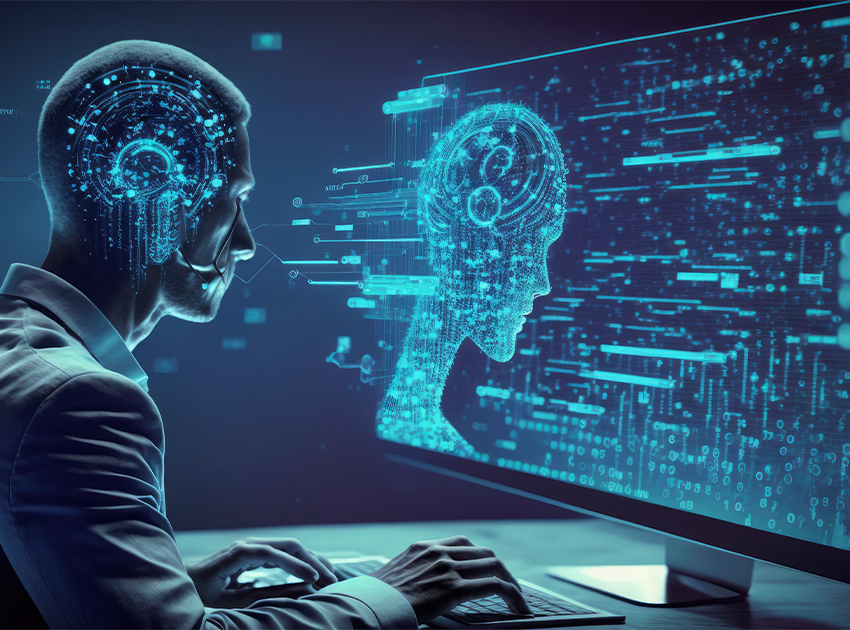With the arrival of 2024, several trends emerge, indicating significant changes in the digital security landscape. There’s no doubt that cybersecurity is a growing concern in today’s digitized world, but business leaders should think about whether they’re prepared, whether they use the right systems, and whether they’re mature enough to protect themselves from ever-evolving cyber threats. Companies must be able to defend themselves with agility and in an appropriate way, especially paying attention to what I consider to be the main trend for 2024: the use of Artificial Intelligence on a larger scale, both by companies and hackers.
Organizations need to be prepared to benefit from the use of artificial intelligence (AI), which at the same time introduces new vulnerabilities. With the greater exposure to “intelligent” applications, which are more autonomous and increasingly integrated into the business, and the constant evolution of attacks, the cybersecurity risk increases considerably.
Pondering on the future of corporate cybersecurity, it is impossible to ignore the “double face” of artificial intelligence, which emerges as a powerful ally of companies for automating their activities and processes, but which, at the same time, is a dangerous tool when it is in the wrong hands. On the one hand, organizations face new challenges due to the integration of AI into their applications aiming at a relevant increase in their productivity. The increasing reliance on automated systems increases the impact of attacks that aim to compromise or manipulate these Artificial Intelligences. In addition, this integration with autonomous and intelligent systems increases the attack surface and increases security risks, exposing them to innovative attack tactics.
On the other hand, cybercriminals are leveraging artificial intelligence to carry out more sophisticated, autonomous, and less detectable attacks. Through advanced algorithms, they are able to automate the process of identifying vulnerabilities, perform adaptive attacks, and even customize phishing and other types of social engineering. AI allows hackers to analyze large volumes of data to identify patterns and exploit security flaws more effectively.
Now, with the introduction and larger-scale use of AI, this race against hackers gets even closer. It’s not a matter of one side completely winning over the other. Instead, it’s a continuous cycle of evolution and adaptation. Businesses must become increasingly resilient and proactive in defending against cyber threats. They must remain agile and flexible to this new world that is increasingly connected and autonomous, but at the same time attentive to always stay one step ahead of attackers. However, attackers continue to find innovative ways to overcome defenses. So the key lies in staying vigilant, adaptive, and constantly evolving.
With more than 5,000 clients, Blockbit is one of the leading manufacturers of cybersecurity solutions, empowering businesses to protect themselves against a wide range of threats, vulnerabilities, and cyberattacks, whether internal or external, generic or specific.

